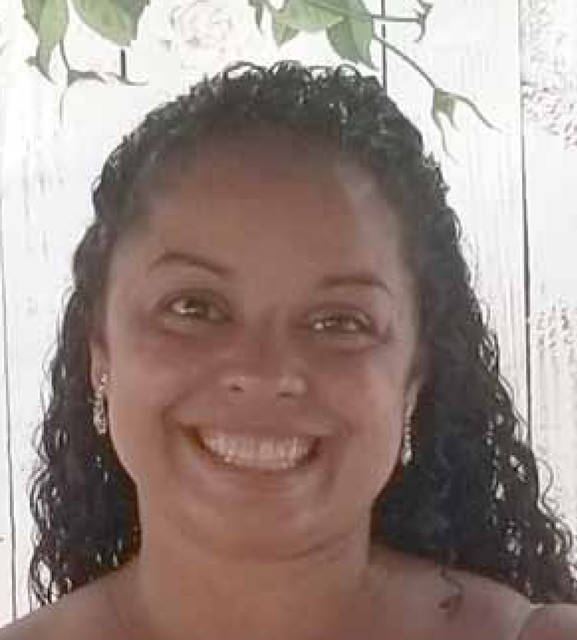As drug overdose deaths continue to climb, Luzerne County has started a “warm hand-off” program attempting to convince heroin overdose patients at hospital emergency rooms to go directly into treatment.
The state Department of Drug and Alcohol Programs started requiring implementation of the program in January as part of its battle against the opioid epidemic.
Luzerne County has had 128 confirmed drug overdose deaths this year to date, the coroner’s office said Thursday. The county’s previous high was 95 overdose deaths last year.
Under the new policy, a county drug and alcohol case manager must travel to hospitals during business hours and meet with overdose patients to complete an assessment, encourage them to undergo treatment and assist with treatment arrangements, said county Drug and Alcohol Director Steve Ross.
His department has a contract with HelpLine/PA 2-1-1 to provide telephonic screening and treatment assistance to hospitalized overdose patients when the county office is closed, said Ross, who informed county council members of the program during his recent budget presentation.
Intervention is necessary because releasing overdose patients with written material advising them to seek help on their own is not enough, state Department of Drug and Alcohol Programs Secretary Gary Tennis said Thursday.
“You need to treat this the same way you would a massive heart attack. You wouldn’t hand that patient a card and tell them to go get a cardiologist. That person would be stabilized and transitioned to the care they need,” Tennis said.
A spike in heroin overdoses is expected as the state takes the “necessary step” of cracking down on prescription drugs through a database monitoring program and other initiatives, Tennis said.
While these efforts should reduce future addiction, those already addicted may “go to the street” to obtain heroin when they can’t secure prescription pills, he said. The purity of heroin and potency of substances it’s cut with often lead to fatal overdoses, he said.
Many, if not most, overdose death victims had survived previous overdoses, which is why the state has classified these patients as “top priority,” Tennis said.
“It’s absolutely critical to get them to treatment. They are at tremendous risk of overdosing again,” Tennis said.
However, Ross cautioned securing beds in treatment facilities has become increasingly difficult for about a year, largely due to the heroin crisis. State officials are discussing options to quickly track which facilities have available beds and encourage the addition of more beds.
“We’re scrambling to find beds at treatment facilities. It’s a huge problem. We’ll often call and can’t get a rehab bed for two to three weeks,” Ross said.
County drug and alcohol agencies have until the end of this year to implement “warm hand-off” procedures, Tennis said.
At least two counties have expanded their warm hand-off procedures “to the next level,” sending teams directly to overdose scenes to intervene because some addicts saved by the heroin antidote Narcan refuse emergency room treatment, said Tennis, who has described the opioid situation as “the worst public health crisis of the past 100 years.”
Luzerne County’s agency, which also covers Wyoming County, initiated its protocol in March, Ross said.
The agency sent letters to all four hospitals in its two-county coverage area about the new program, and Ross said he has started meeting with hospital officials to discuss progress. Ross said his agency is tracking the number of emergency room interventions provided to date and how many resulted in treatment, but he did not have the data immediately accessible Thursday.
The county agency will provide assessments for all overdose patients but only funds treatment for the uninsured. The county agency receives $118,987 in heroin/opioid crisis funding per year to cover the increased overdose intervention costs and other programs, including public awareness campaigns and the purchase of Narcan for some emergency responders, Ross said.





